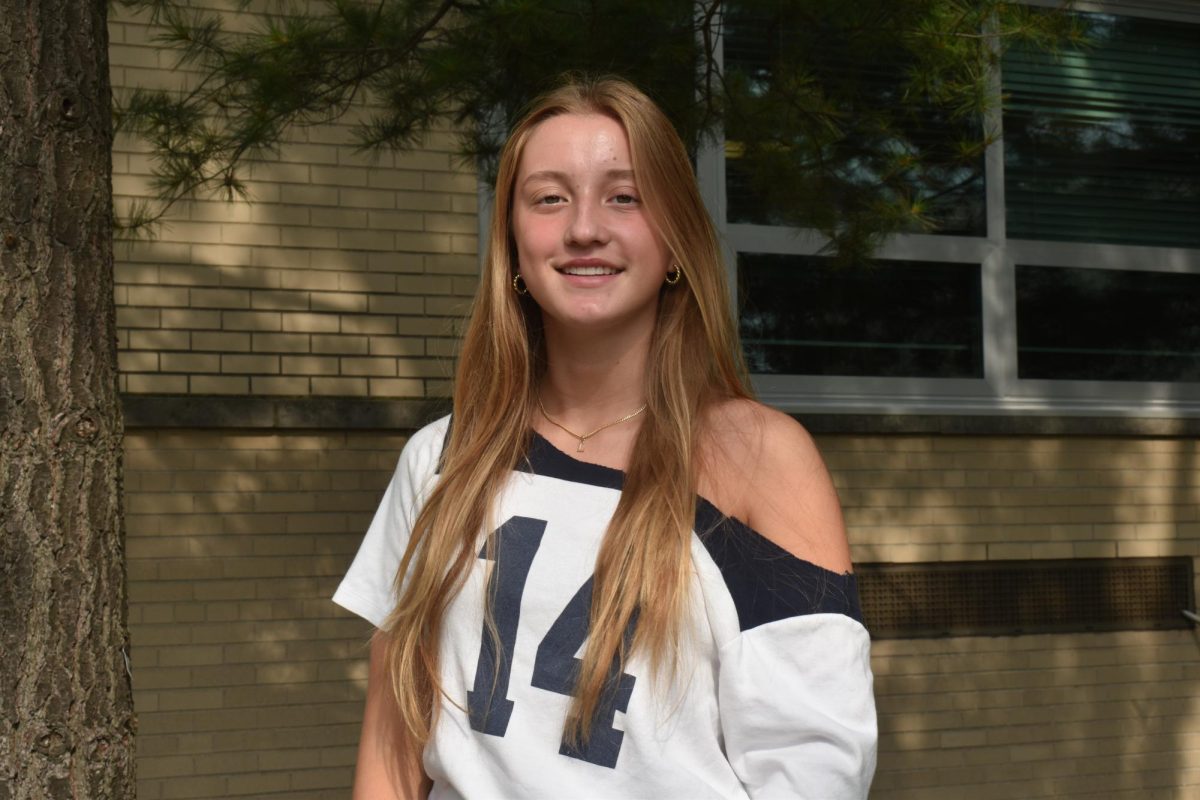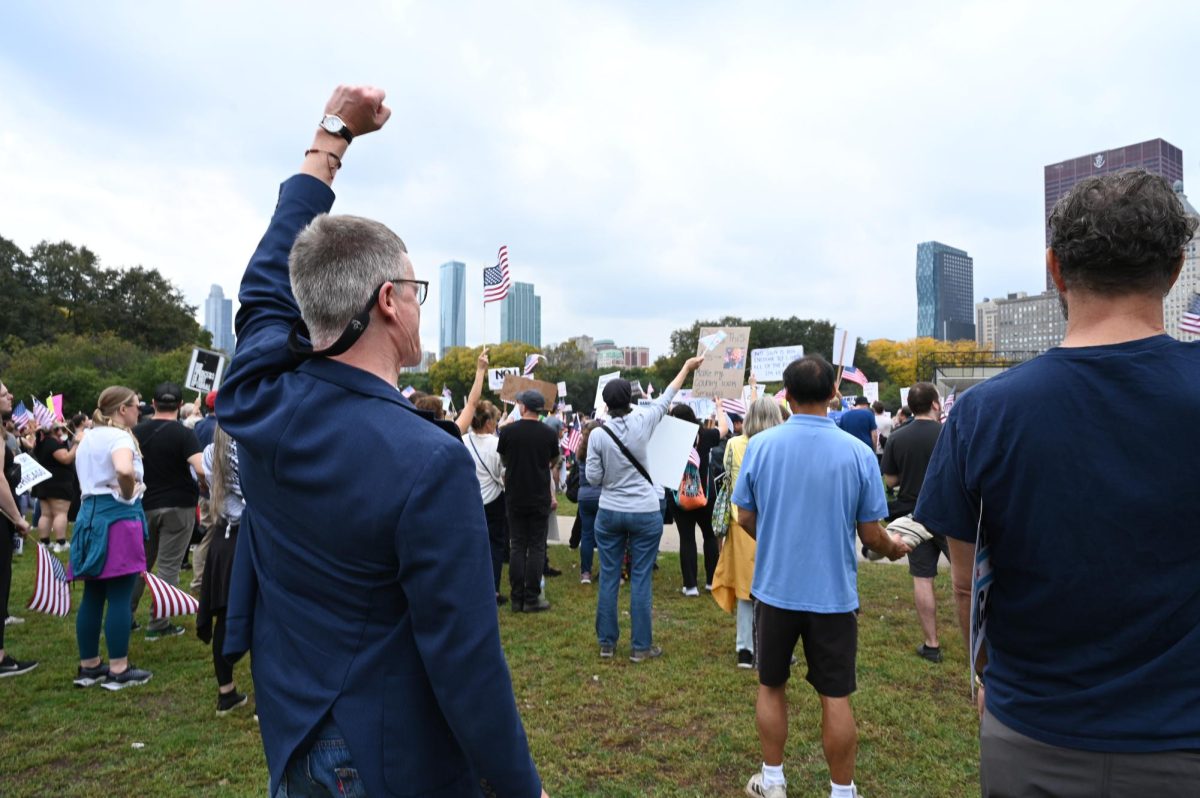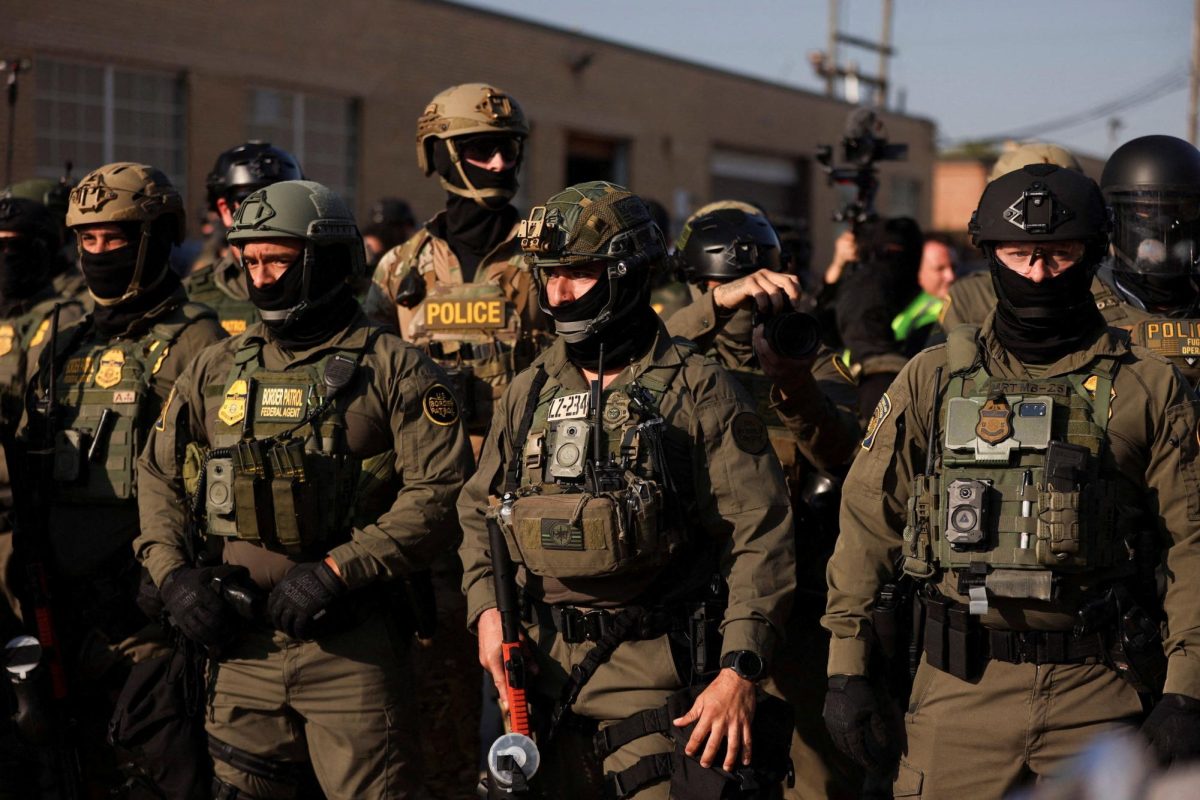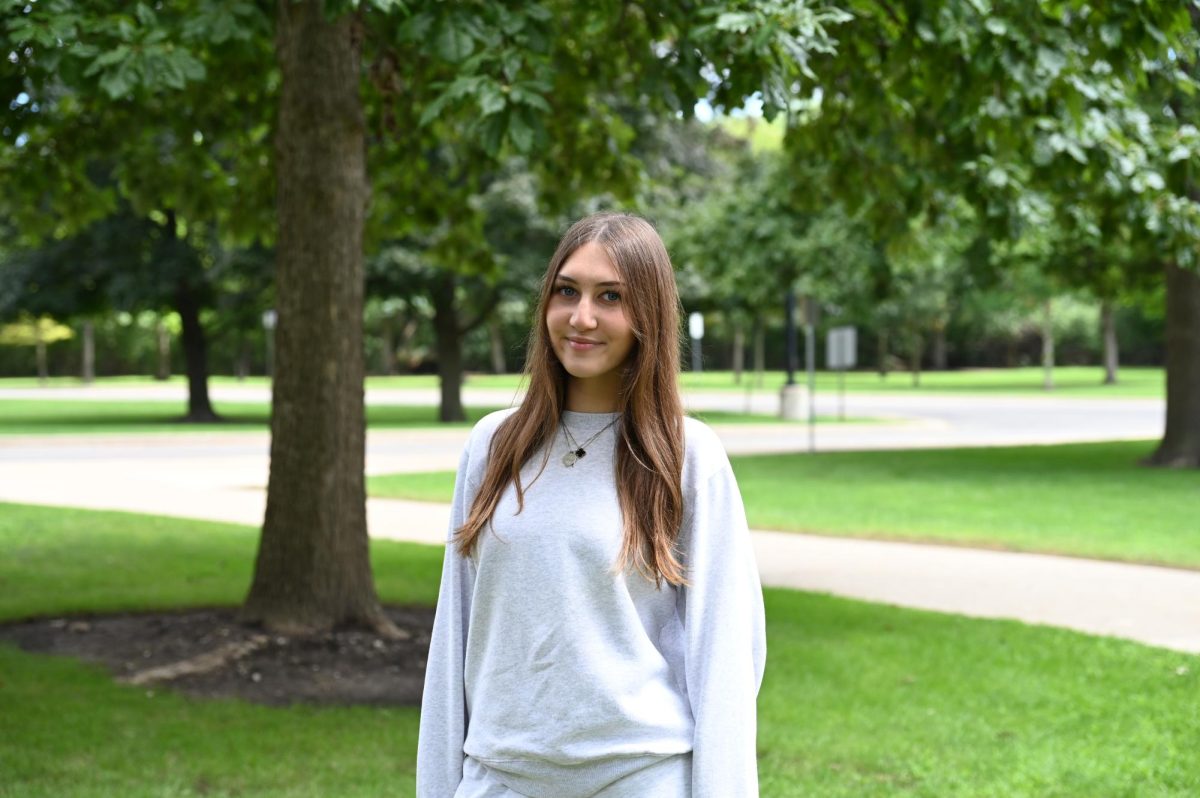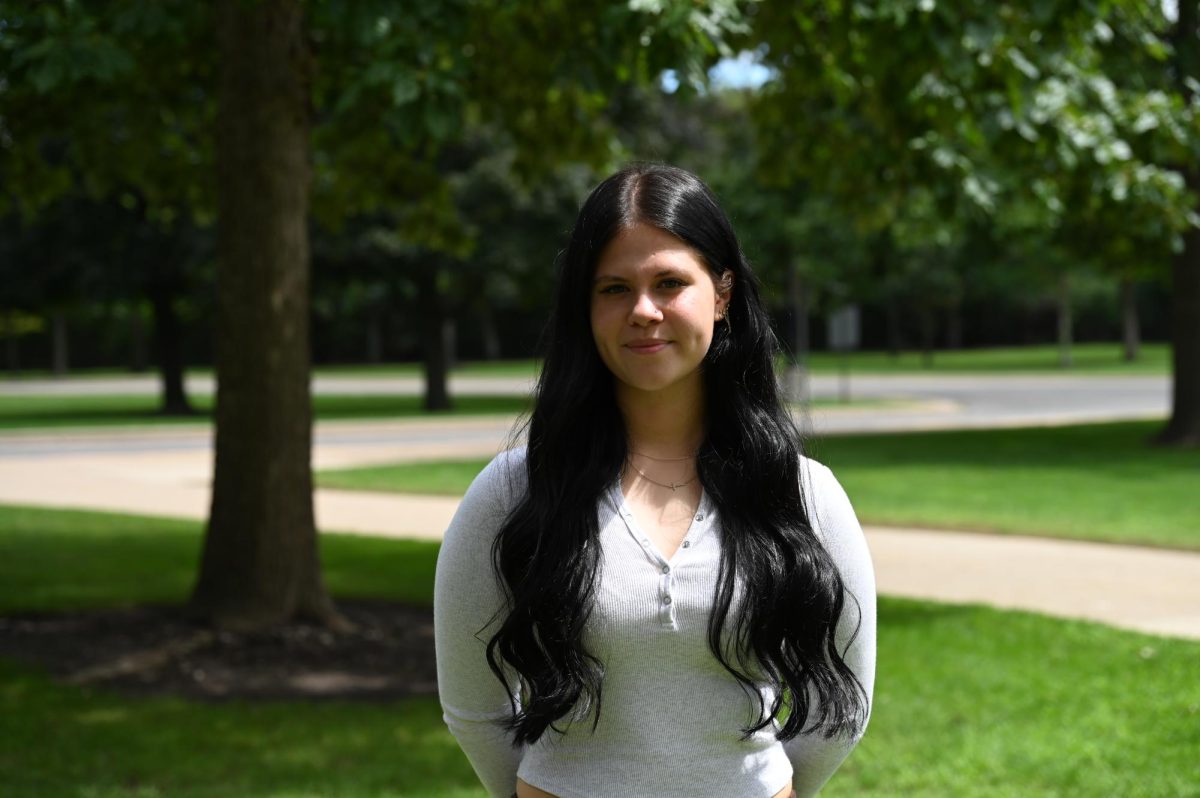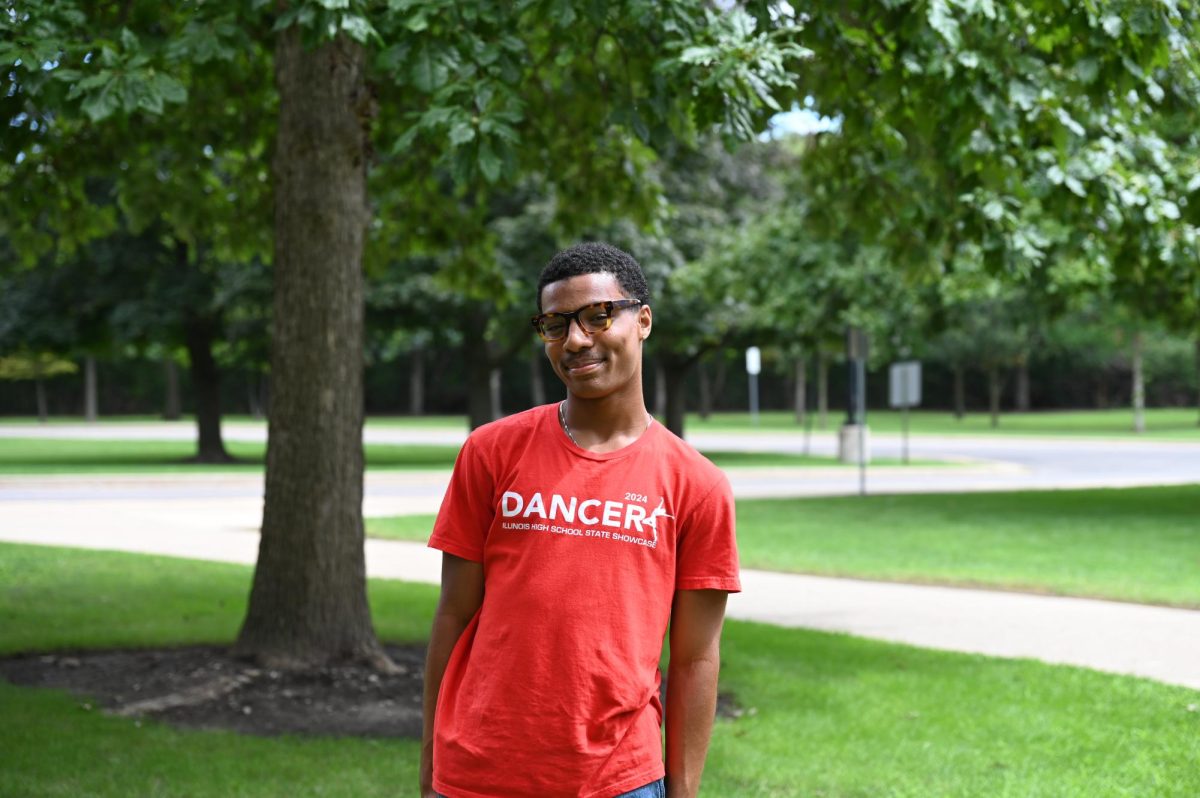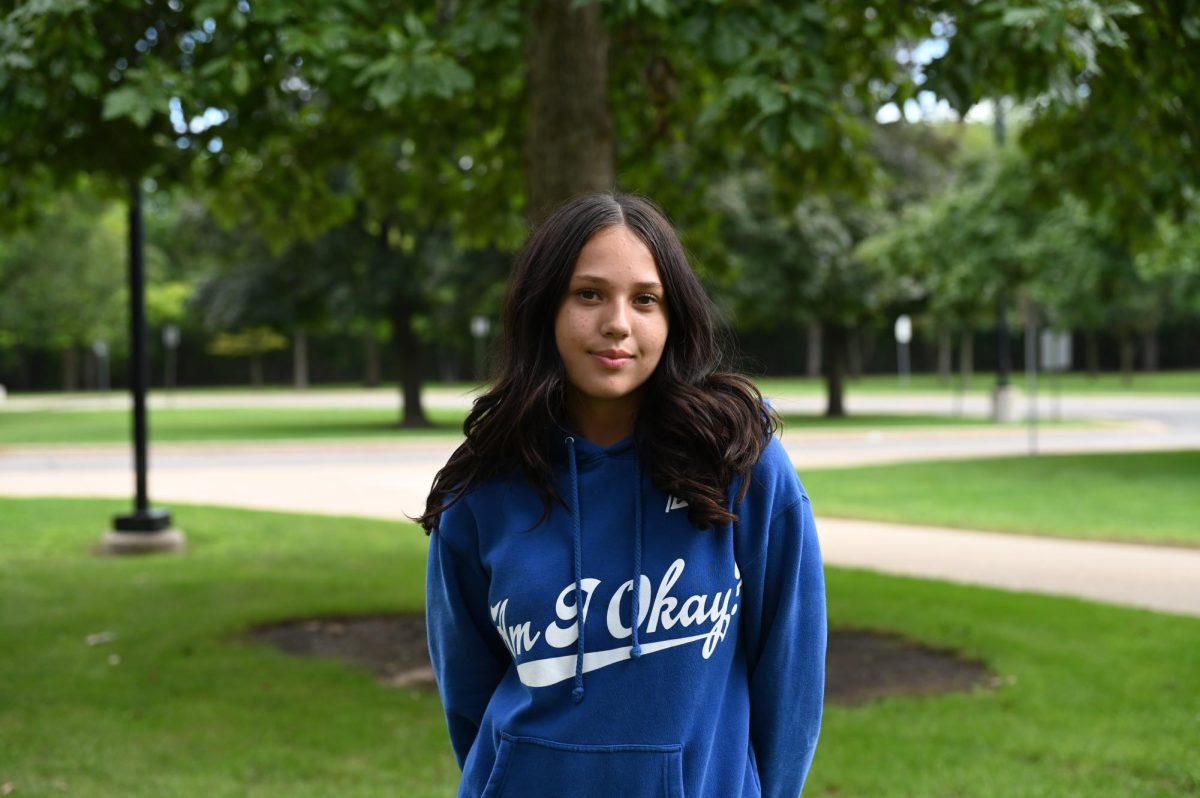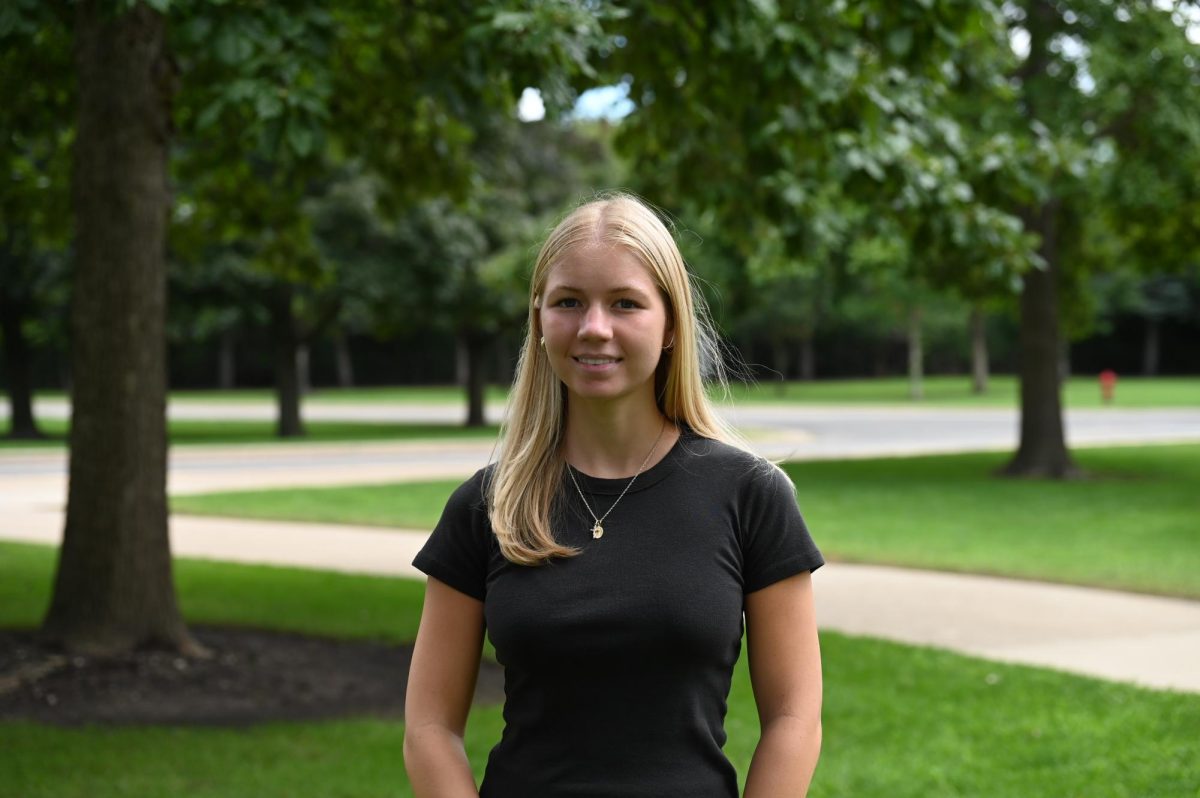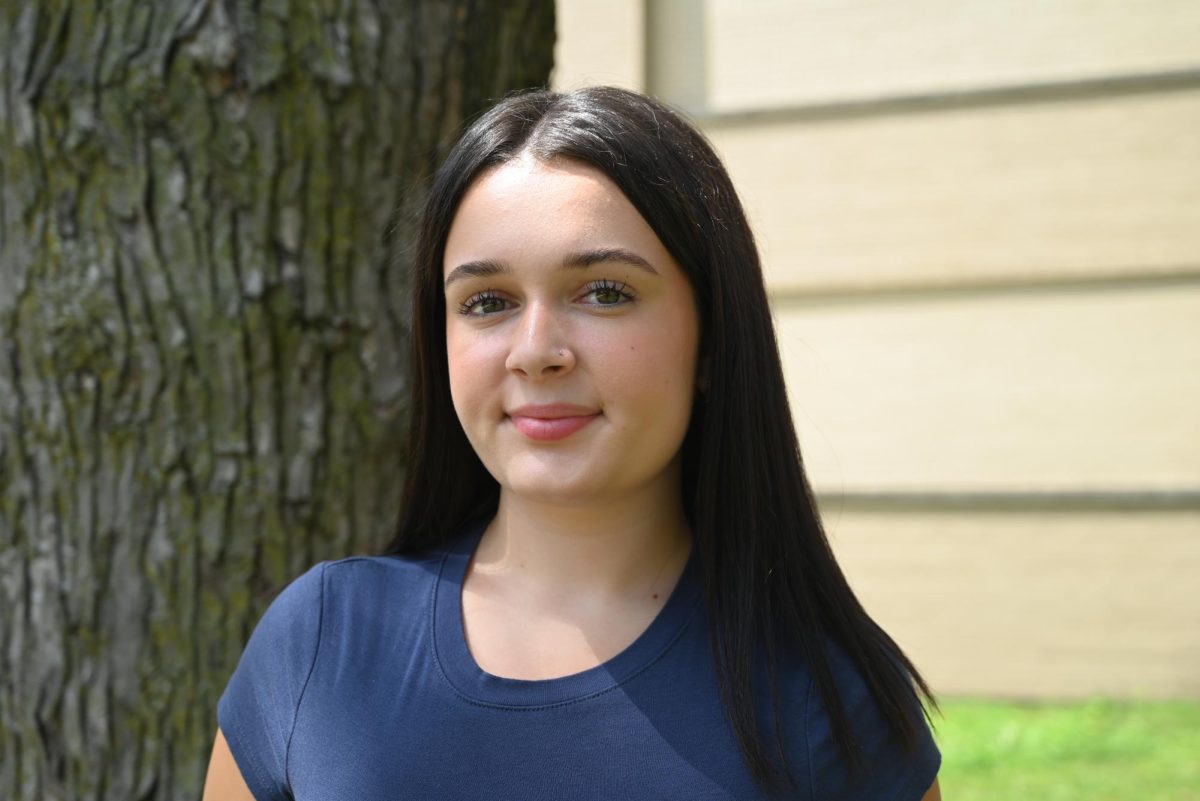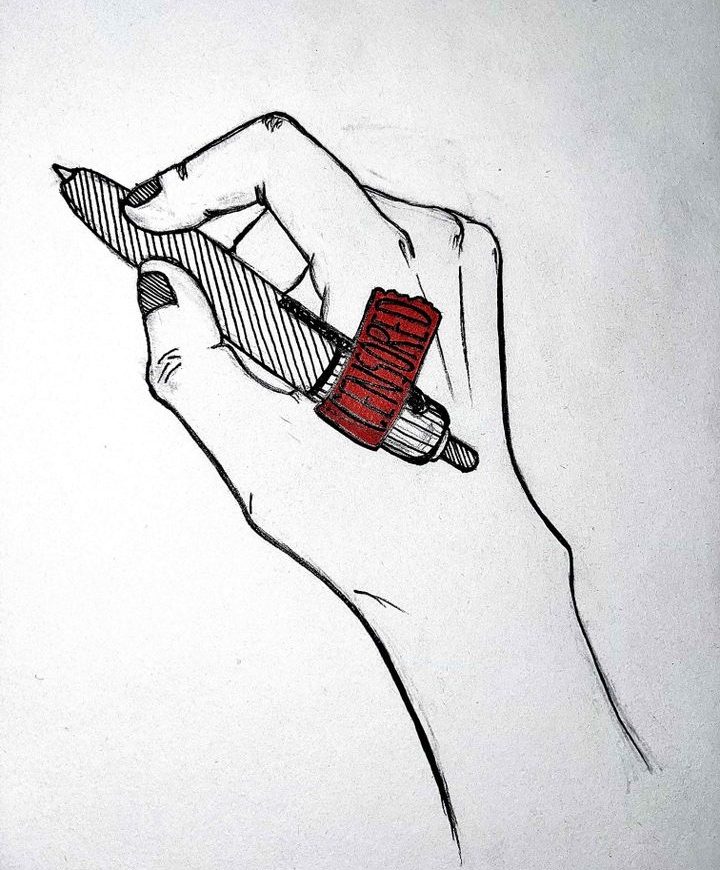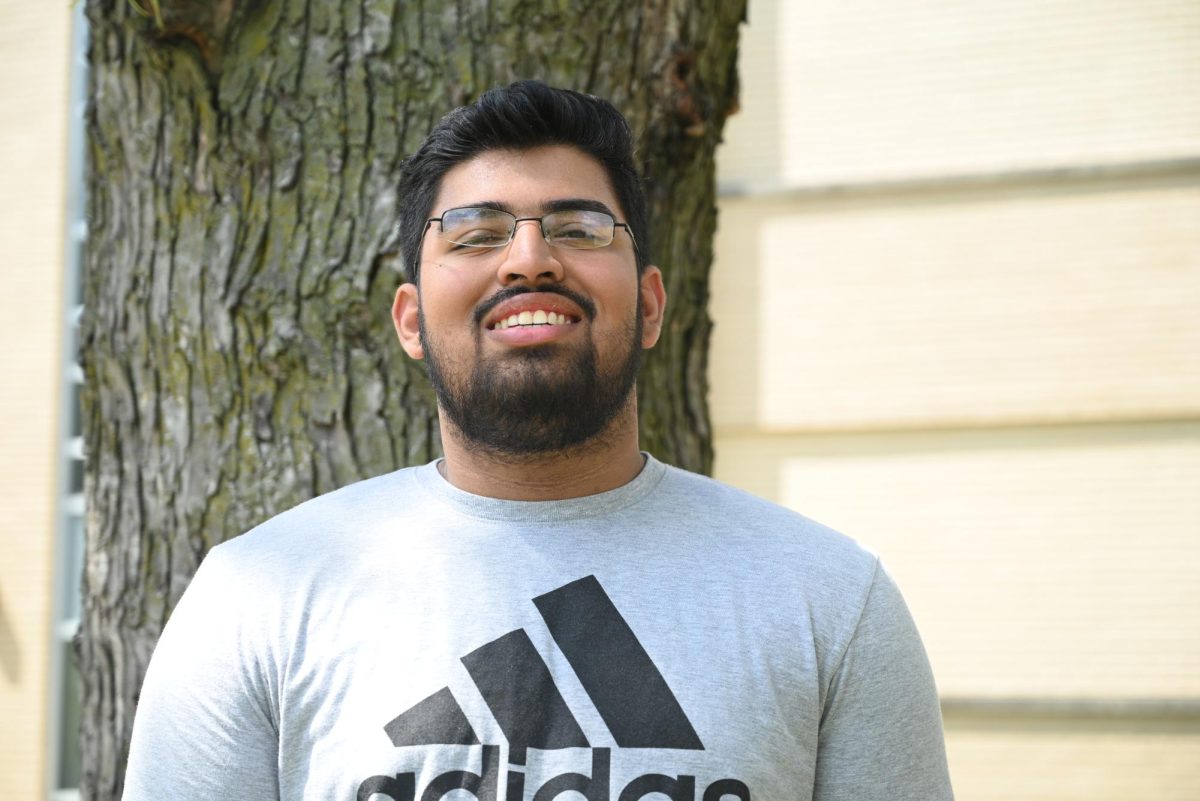In an age where virtual validation shapes how we see ourselves, social media distorts our perceptions and makes us compare ourselves to others. One social media platform called TikTok is an app where countless teenagers scroll for endless hours and more times than not, girls with the perfect physique plague your for you page. Instagram is an app where it is beyond easy to edit your photos to make yourself look smaller, have an hourglass shape and more. Even Snapchat allows you to have a beauty filter where you can make yourself have flawless skin.
For decades, Barbie dolls have symbolized femininity. Throughout my entire childhood, I played with Barbie dolls and had bins filled to the brim with all of Barbie’s different “lifestyles” from camping Barbie to astronaut Barbie. Yes, Barbie does show that you can be whomever or whatever you want to be, but that doesn’t diminish the fact that Barbie has unrealistic beauty standards. The classic Barbie doll is known for her toned stomach, tiny waist, skinny legs and her proportional face. The doll doesn’t represent the variation of body sizes throughout the billions of women around the world. As little girls play with these Barbie dolls continuously, it creates a “perfect” body in our minds that we need to maintain because everyone wants to look like a perfect doll, right?
The shows we watch are another prime example of the unrealistic body images we face. One specific example is One Tree Hill, a show I finished just a couple of weeks ago. Throughout the film, all the main characters were skinny and looked like Instagram models. One scene in particular was where one of the main characters, Marvin, gained some weight during the show. His own girlfriend called him fat, and honestly, I did not think he was remotely overweight.
As mentioned before, there are apps where changing your body is easy with the “click” and “swipe” of your hand. Many who face body dysmorphia never even realize half of the girls’ bodies they fantasize over are fake.
Not only is social media responsible for shaping these unrealistic standards, but peer influences, family influences, societal norms, etc. are other examples. I have heard before from my grandparents, “Malo si ti veca” (Oh you look a little bigger). Other times when I call them I hear “izgledas mrsava” (You look skinnier) which shouldn’t relieve me and make me feel skinny, but it does. No doubt that I love my grandparents, but because they are more traditional it is “normal” for them to say these things to me.
As a junior in high school, there are hundreds of people I see every day whom I wish I could have the same physique as them. It has been a struggle for years where I feel like I am not working out enough or doing enough cardio to have this “flawless” body type that I envision. However, once I stopped comparing my body type to others, life has been extremely carefree.
We cannot diminish the fact that beauty standards will plague our phones, but it is important to realize that nobody truly cares how much you weigh on a scale. I have never once looked at someone and thought, “I wonder if she had to buy larger clothes sizes during the past year.” True beauty is defined within you and we should embrace body positivity.
“It is one thing to want to be looked at and another to want to be known. I promise you from the deepest part of my soul, you’ll be remembered for the way that you are – not the way that you look,” TikTok influencer Josie Balka said.


